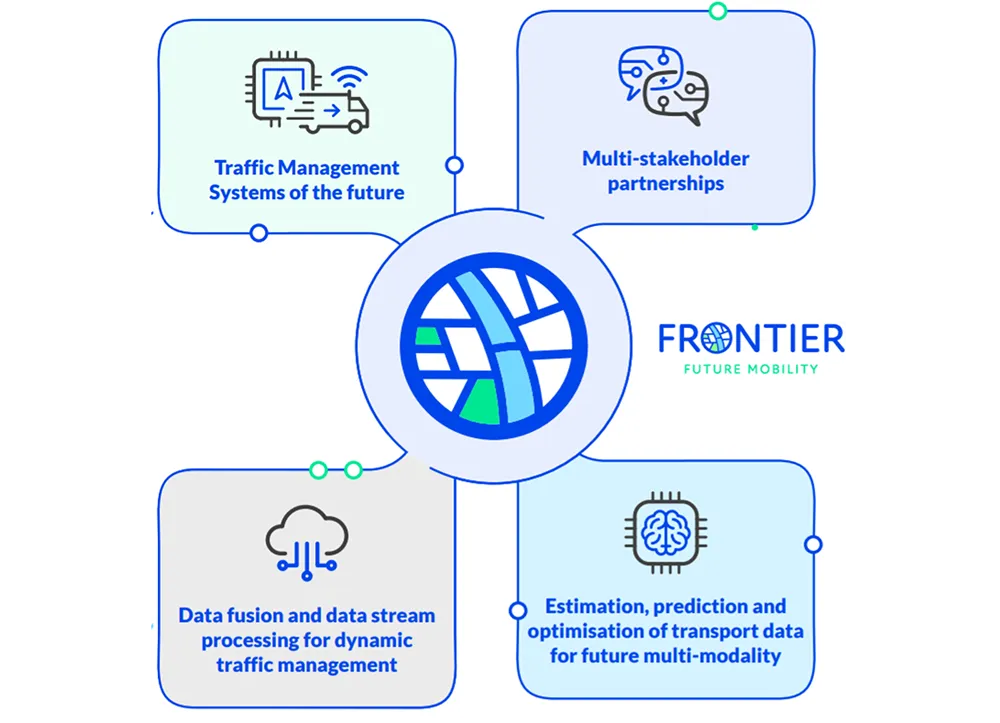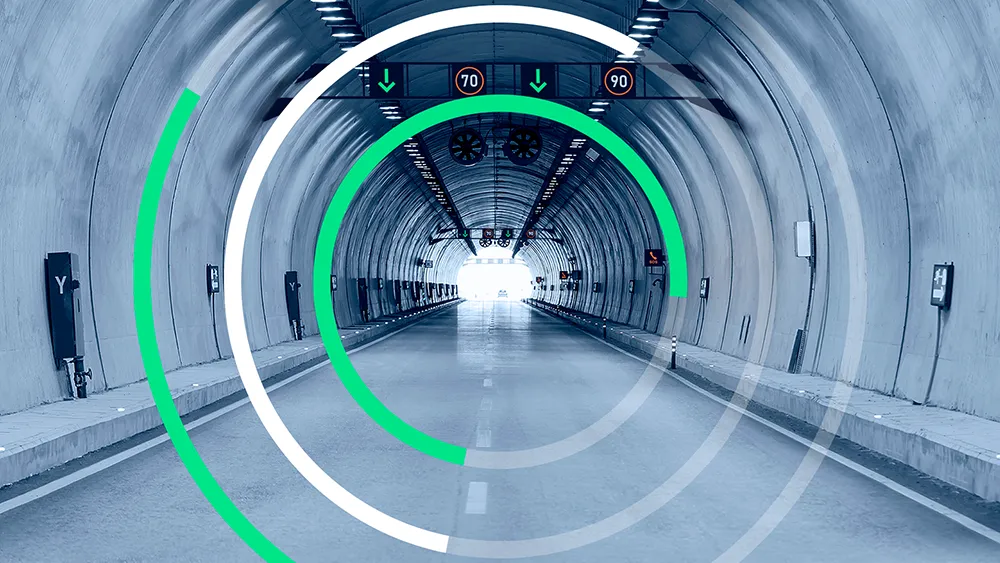
Congested networks cost hundreds of billions of euros per year to the EU Member States affecting the economic, social, and environmental prosperity of the regions.
Additionally, recent surveys have shown that approximately 38% of network and traffic management stakeholders in Europe operate in silos, not interacting with other related parties, and only 31% collaborate with other actors without an official contract agreement and operational strategy.
This current pattern of isolated operations with occasional impromptu cooperation leads to slow decision-making processes, duplicated efforts, inefficient allocation of resources, lack of accountability and responsibility, and ultimately, incompetent response plans and increased cost of operations. Overall, the network remains congested and unsafe for commuters.
To address these challenges, the mobility ecosystem requires modern traffic management solutions and strategies that efficiently manage networks, streamline transport links, minimise emissions, support integrated (across-stakeholder) operations, and enhance safety.
In light of this, FRONTIER, an EU-funded project, brings 19 high-profile partners across Europe with the goals of 1) accelerating the transition towards resilient multimodal autonomous mobility by providing advanced corridor-wide traffic management solutions, and 2) establishing the processes of collaboration and arbitration among stakeholders.
Arcadis IBI Group, a global leader in planning, design, deployment, and operation of Intelligent Transportation Systems (ITS), is leading the development and integration of FRONTIER’s Autonomous Network and Traffic Management Engine (ANTME).
ANTME empowers operators at the corridor level to devise and deploy traffic management response plans through varying levels of automation, facilitating complex decision-making. It offers an array of functionalities, including event detection, response plan generation and propagation, as well as network monitoring and assessment through an advanced simulation framework.
Stakeholders benefit from increased common situational awareness of corridor conditions and disruptions, seamless communication across entities for better response times, as well as efficient incident response and management, based on actionable intelligence for decision-making. ANTME has been designed to continuously collect and analyse data, allowing the platform to re-adjust the proposed response plans and strategies as they enfold. n
• For more information visit www.frontier-project.eu









